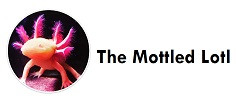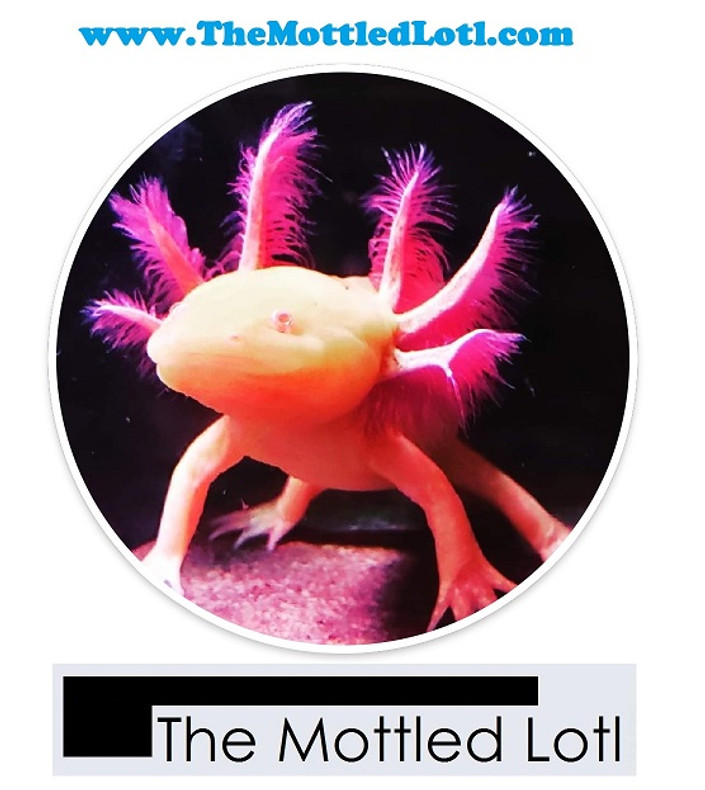It has come to my attention lately that there have been some evidence of lethal genes popping up in several different axolotl lines being bred. The following article is an example of a lethal gene: https://pubmed.ncbi.nlm.nih.gov/1167371/#:~:text=Gene%20%C5%82%20is%20a%20recessive,lethal%20effects%20of%20the%20gene This article was published in 1975 and states, "Gene ł is a recessive lethal factor found in the white strain of axolotls. Animals heterozygous for the gene are phenotypically normal. When mated with each other they give offspring 25% of which exhibit the lethal effects of the gene."
As an axolotl breeder we cannot always predict exactly what will happen with our Axolotls when we know that they are already so weak, even with what we think is great lineage.
There are things we can do however to stop the spread of lethal genes when we do find some.
1. Contact the breeder. This will help them know if they need to remove certain axolotls from their breeding programs and be able to make note of it.
2. Test breed. This helps find who may be a carrier. This can be done in different ways. I will not get too detailed about this.
3. If we have an oops clutch and we don't know the lineage and genetic info cull the clutch. Also cull the clutch even if you know lineage but it's iffy. There are enough axolotls out there as it is and we don't want to keep mudding the already weak gene pool.
4. Take good notes. This helps you to know what recessive traits are in your breeding stock. This also helps you know if you're breeders are closely related. Inbreeding can cause more unnecessary bad genetics.
5. Don't breed pet store Axolotls. Pet stores do not have any information on their Axolotls and you won't get any good information on them to know if they had any issues in their genes.
6. Educate yourself on all the lethal genes out there and study your hatchings from the time they hatch and all their growth patterns.
There are other things I am sure that can be done but these are just a few of them. I have found out some things about a couple clutches we made here. Many breeders are afraid to mention the issues that occur when breeding or raising babies. But the fact is none of us are perfect and none of our Axolotls are perfect either. This is life not a fantasy world. As reputable and responsible axolotl breeders however we need to take the proper measures and do the right thing when we have an issue. We don't want to keep adding bad genes to the already weakened gene pool just to save our reputation. The animals lives are more important. If we want to help make these Axolotls stronger and survive longer we will take whatever steps necessary to be responsible with our breeding.
I will continue to do testing on some of my Axolotls who are at risk. I have traced some of these lines to a few sources, but can't really say it was any breeders fault unless they knowingly sold some from a questionable clutch as a breeding quality Axolotl. Some people just assume axolotl die offs or oddities could be from their environment, shipping, water, or anything other than genetics. It can be hard to say sometimes. When many different people have similar issues from the same clutch, it is a good indicator it is a genetic issue.
Let's be smart with these delicate creatures. Let's do the right thing. And let's not point fingers but understand this is life.

